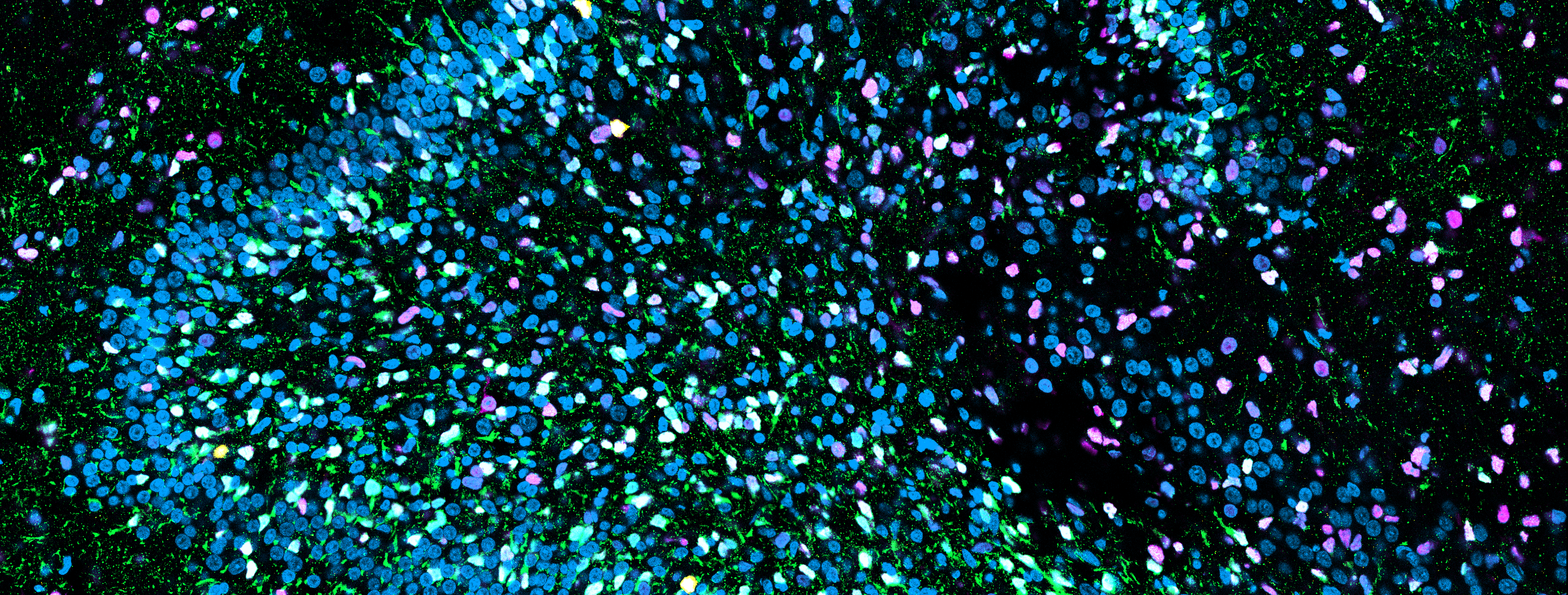Speaker
Description
Congenital Central Hypoventilation Syndrome (CCHS) is a rare life-long threatening genetic disorder caused by mutations in the PHOX2B gene, a master transcription factor of the autonomic nervous system (ANS). It is characterized by ANS dysfunctions, most importantly a deficient control of autonomic ventilation that leads to hypoventilation during sleep. In vivo and in vitro studies suggest that a loss of function mechanism, combined with a dominant-negative effect and/or toxic gain of function of the mutated proteins, is responsible for the entire disease spectrum. Since no pharmacological treatment has been identified, CCHS patients rely on mechanical ventilation for life support.
We have recently identified a natural antisense lncRNA (PHOX2B-AS1), transcribed in the opposite direction and partially complementary to the PHOX2B gene transcript, favoring PHOX2B translation.
Due to the unavailability of viable CCHS mice models to study the function of PHOX2B-AS1, we used reprogramming technology to generate induced pluripotent stem cells (iPSC) from patient’s fibroblasts carrying different PHOX2B mutations and we generated 2D autonomic neurons and 3D cerebral organoids with cytoarchitectures resembling central chemoreceptors from CCHS patients and controls to give insight into possible developmental defects at both peripheral and central level.
We found that PHOX2B-AS1 and PHOX2B gene expression is dysregulated at earlier developmental stages and that PHOX2B-AS1 splicing defects may be involved in CCHS pathogenesis. Overall our data support the possibility to modulate PHOX2B-AS1 expression as a new therapeutic strategy aimed at reducing the expression of mutant PHOX2B proteins.
| Author(s) | Simona Di Lascio (1)*, Eleonora Piscitelli (2)*, Ana Lucia Cuadros Gamboa (1), Martina Bertocchi(1), Filippo Chiesa (1), Ettore Mosca (2), Paride Pelucchi (2), Alice Chiodi (2), Roberta Benfante (1,3), Diego Fornasari (1) |
|---|---|
| Affiliation(s) | (1) Department of Medical Biotechnology and Translational Medicine, Università degli Studi di Milano, MI, Italy, (2) CNR – Istituto di tecnologie biomediche (CNR-ITB), Segrate (MI), Italy, (3) CNR- Neuroscience Institute, Vedano al Lambro (MB), Italy |

